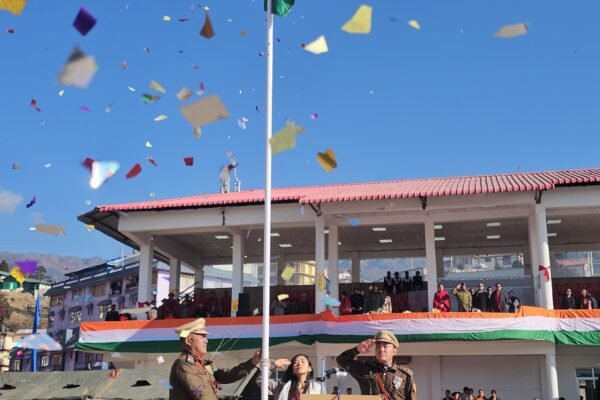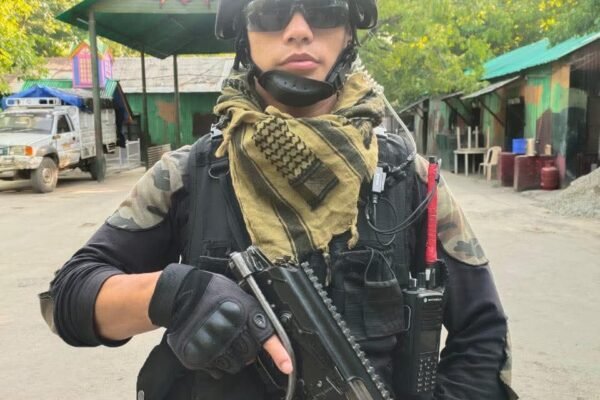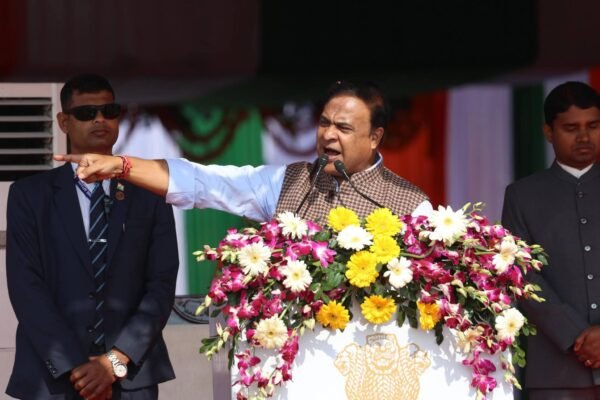- NET Web Desk
The Deputy Chief Minister (DCM) of Arunachal Pradesh – Chowna Mein on Sunday received the first batch of collections of handwritten records on the ‘Khamti Rebellion of 1839’ & related incidents documented by the Britishers.
These valuable documents have been collected from London’s British Library by the Member Secretary in Sub-committee of ‘Unsung heroes of Arunachal Pradesh’ – Nepha Wangsa.
Taking to Twitter, Mein wrote “Delighted to receive the first batch of collections of hand written documents on the ‘Khamti Rebellion of 1839’ & related incidents recorded by the British. These precious documents are collected from the British Library, London by Mr @nepha_wsa who is diligently working on it.”
Delighted to receive the first batch of collections of hand written documents on the ‘Khamti Rebellion of 1839’ & related incidents recorded by the British.
These precious documents are collected from the British Library, London by Mr @nepha_wsa who is diligently working on it. pic.twitter.com/6uIbD0rB6G
— Chowna Mein (@ChownaMeinBJP) June 12, 2022
Working under the guidance of HDCM has given me the opportunity to pursue my dream to the fullest. It's a heartening moment for me to cherish for a lifetime. https://t.co/Gct84tx4UW
— Nepha Wangsa (@nepha_wsa) June 13, 2022
Its worthy to note that the Tai Khamti-British War of 1839 could well be India’s first war of independence; claimed by the Arunachal Pradesh DCM – Chowna Mein.
During the concerned battle, a total of 80 British soldiers along with Col Adam White were killed by the Tai Khamtis.
Mein earlier remarked about the four Anglo-Abor wars fought by Adi tribe in 1858, 1859, 1894 and 1911 and the Wancho-British war, known as the ‘Ninu massacre’, at Ninu in Tirap district in 1875.
He earlier mentioned that the country needed to include histories of the freedom struggles across northeastern regions, in books published by the National Council of Educational Research and Training.
“Sadly, the battles fought by the tribal people for independence from the colonial rule are nowhere reflected in the books of Indian history,” he said.









